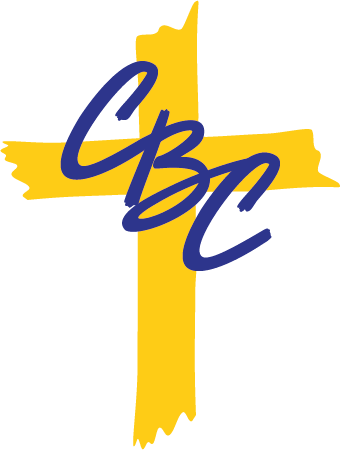Riots
/It’s been distressing to say the least to watch the response to the awful events in Southport a couple of weeks ago. To be honest, it’s hard to know what to think, but it begs many difficult questions. How can something like this happen? Why does something like this happen? How do we respond to things like this, both as individuals and as a nation? We’ve seen some answers to this question in the response of many individuals and some communities. We might not like the responses, but they are responses nevertheless. Perhaps what has become clear is that there is both evil and good in the world. The evil is clear: the taking of innocent young lives, for as yet some completely unknown reason (and we may never have a answer we can understand to that). The good is equally clear: the community responses up and down the country to assure besieged communities they are welcome here. One of my responses was of outright anger. Part of me wanted to express that anger in some way. Some people did with violence towards groups they have decided, without evidence, are at fault. As we have seen that is a wholly inappropriate response that is now being called out through the courts, with some finding themselves facing a prison sentence. Here’s what troubles me: is my response of anger wrong? Psalm 139 is psalm that is often used to remind us there in nowhere we can go that is outside God’s love. I love that. And I think we would do well to remember that as often as is humanly possible because is critical to living well. But there’s a bit in Psalm 139 that we often miss out and overlook, because it makes us feel uncomfortable. After reflecting on the scope of God’s love and how God knows us intimately, the psalmist appeals to God to slay the wicked (vs. 19-22)! It’s shocking. It’s shocking in the context of the psalm and it’s shocking when we read it today. But, and I have to be careful here, sometimes, and recently, I find myself thinking similar thoughts. We tend to avoid this part of the psalm because we’re not sure what to do with it. But it’s in the psalm so maybe we shouldn’t. And, what it might teach us is that having those kinds of thoughts about things are wicked (to use the psalmists word), is not wrong in itself, but a genuinely human response. But we must not miss how the psalm ends. It ends with an appeal to God to search the heart of the psalmist and set them on a good path lest they be guilty themselves. The response to the wicked is critical. Peaceful protest against racism and exclusion allows us to express our anger (if that’s what it is) in a way that does not lead us toward the violence we so earnestly want to end. Perhaps Psalm 139 offers us a way through these difficult times in way that surprises us, since it expresses how no-one, not even our enemies is outside the great and magnificent love of God. But importantly, it also challenges me to offer my human response to evil to God and ask him to hold me accountable for my response, so that I may live well and in a way that reflects God’s great love.

